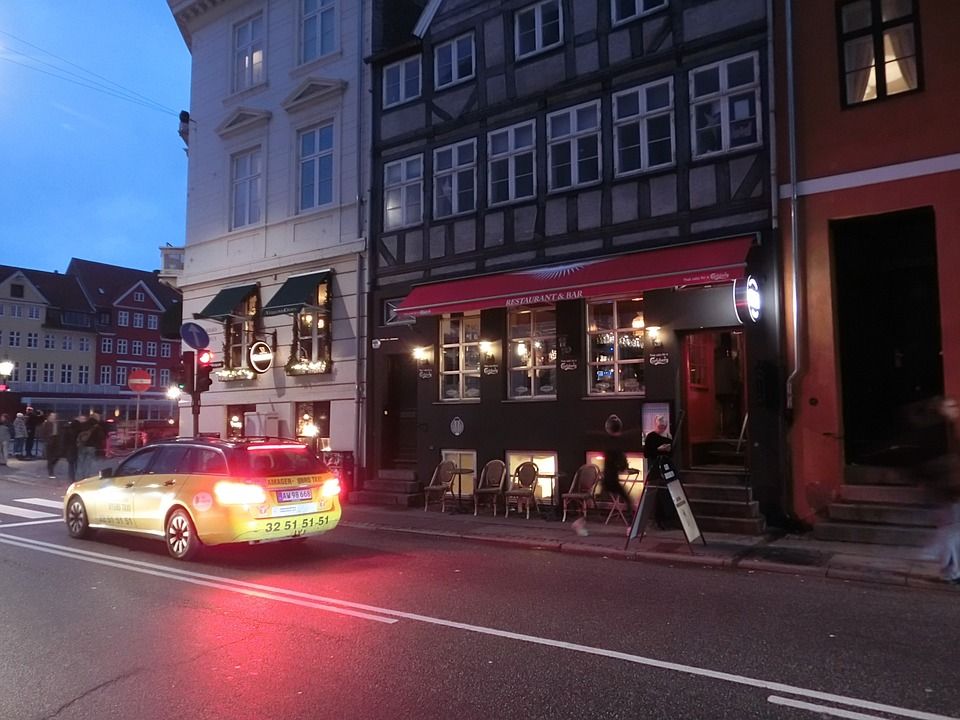The transport and housing minister, Ole Birk Olesen, has decided to make it possible for municipalities to reduce speed limits in urban areas to better protect cyclists and pedestrians.
The move means that in the future it will be easier for the police to give municipalities permission to reduce speed limits to 40 km/hour.
“The government will change the rules in an effort to create better conditions for ‘soft’ traffic to move about more safely,” said Olesen.
“That, for instance, encompasses children and youngsters who walk and cycle to and from school, and also the elderly who are part of the traffic in the local areas.”
READ MORE: Danish government to raise speed limits following trial
Tailor-made traffic
Previously, municipalities have been forced to document significant connections between speed and accidents on specific stretches of road in order to obtain permission from the police to reduce the speed limit to 40 km/hour.
The legislation change is part of a greater national effort to vary speed limits locally so that the allowed speed limit it best suited to local road and traffic conditions.
The news comes on the heels of the government deciding to raise speed limits on certain rural roads and motorways where it can be done responsibly without endangering traffic safety, following a successful trial period.















